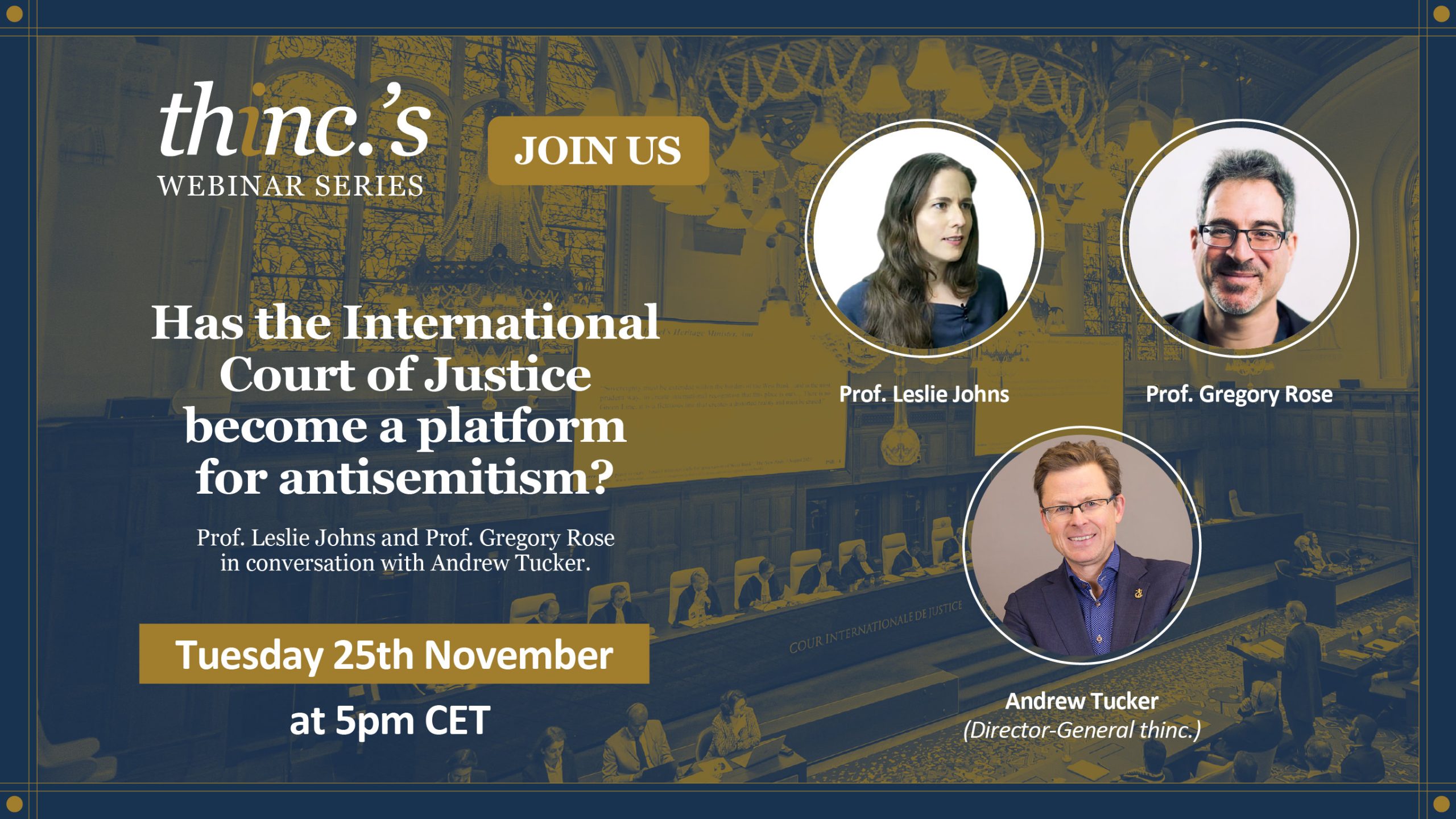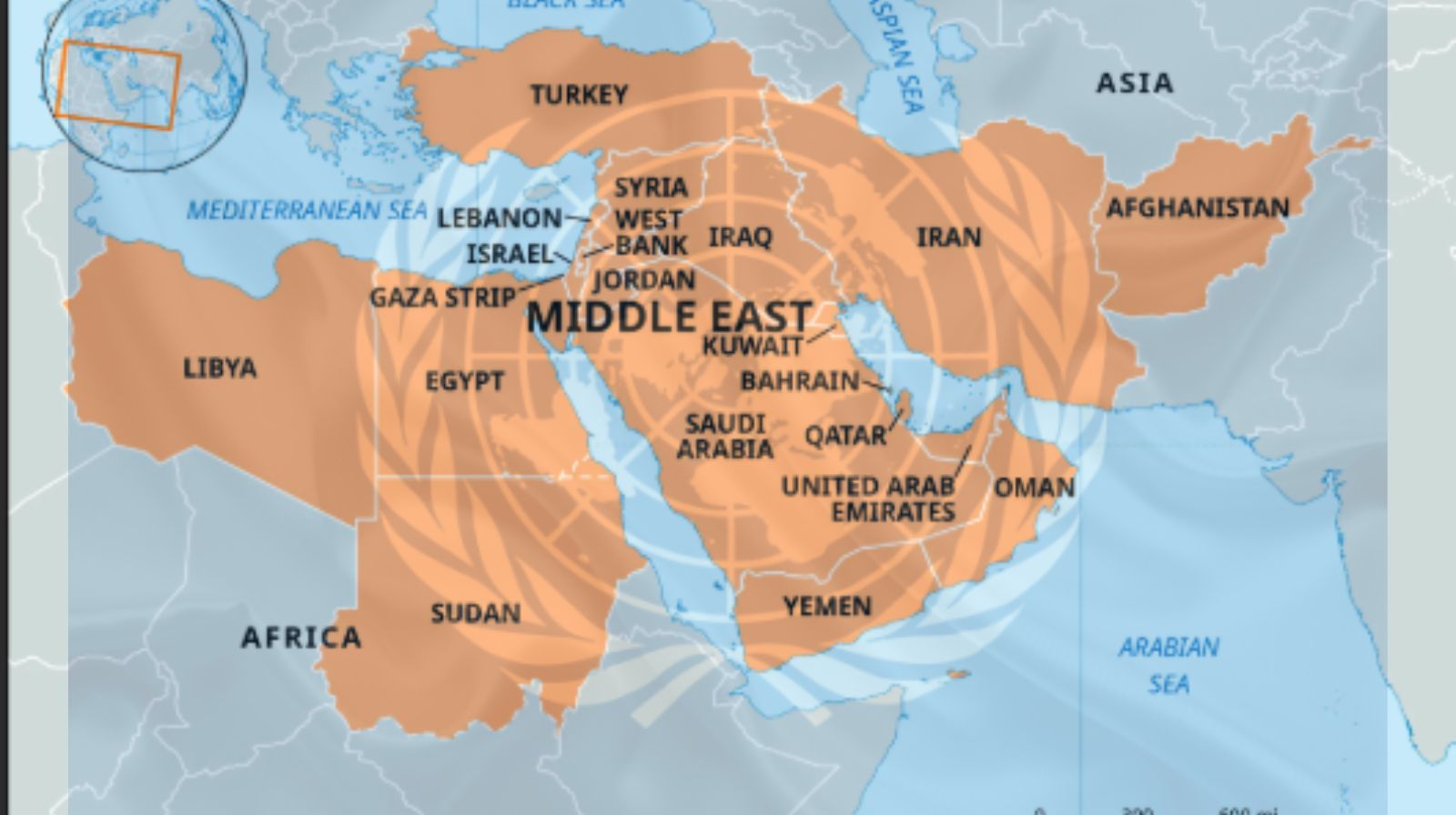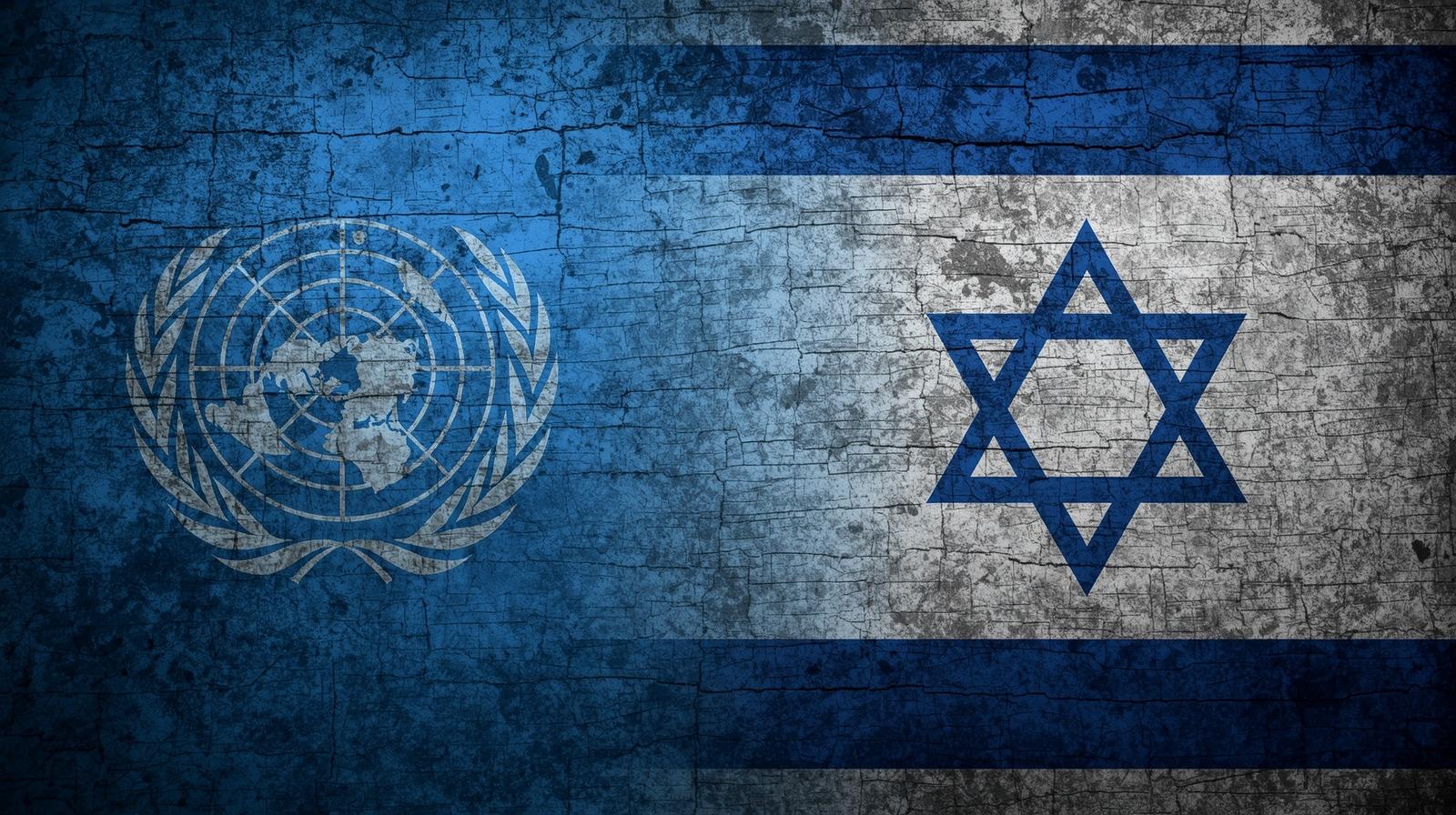EXECUTIVE SUMMARY
The Iranian regime continues to pose a persistent and multifaceted threat to European and global security. This policy paper outlines a strategic, legal, and values-driven approach for the EU and UK to confront Iran’s nuclear escalation, support for terrorism, regional destabilization, and internal repression. The upcoming expiration of the UN “snapback” sanctions mechanism (under UNSC Resolution 2231, on 18 October 2025) marks a moment of urgency—but not the endpoint—of European engagement.
The paper identifies the escalating security threats posed by the Iranian regime to Europe and the broader international community, including its nuclear ambitions, missile proliferation, and support for terror proxies across the Middle East. It documents Iran’s role in fueling regional instability, enabling Russia’s war in Ukraine, disrupting maritime trade—including in the Red Sea and potentially the Strait of Hormuz—and violating international law through terrorism and ideological extremism. The regime has also been implicated in assassinations on European and U.S. soil, perpetrating terrorist attacks across Latin America, and expanding its terrorist networks throughout Venezuela and the tri-border area of Argentina, Brazil, and Paraguay.
The paper explores the international community’s experience with transitional political regimes and the challenges of post-conflict stabilization, drawing lessons from key UN-led interventions in regions such as Kosovo, East Timor, and beyond. It emphasizes the role of multilateral engagement, coordinated diplomatic efforts, and capacity-building strategies in fostering democratic resilience. These examples underscore the potential for collective global action—not limited to European leadership—in addressing emerging security threats, countering authoritarianism, and supporting democratic transitions worldwide.
Building on these global lessons, any political transition in Iran must be rooted in the principle of internal self-determination and reflect the country’s multiethnic character. Nearly half of Iran’s population belongs to non-Farsi ethnic groups—including Kurds, Azeris, Baluchis, and Arabs—many of whom face systemic discrimination and political marginalization. A credible and stable transition requires meaningful representation, cultural autonomy, and constitutional recognition of this diversity. These measures are not only consistent with international legal norms, but essential to prevent internal fragmentation, counter extremist narratives, and build the foundations of democratic resilience and long-term national cohesion.
Recommended strategies
The paper calls for immediate action to reimpose sanctions and designate the Islamic Revolutionary Guard Corps (IRGC) as a terrorist organization, while also advancing a long-term roadmap for a lawful transition of governance in Iran. It underscores the need for international actors—with Europe as a key contributor—to move beyond containment and adopt a dual-track strategy that pairs nuclear deterrence with support for democratic reform. This approach recognizes the shared responsibility of the global community to uphold international law, protect human rights, and foster regional stability through principled, coordinated action. These dual-track strategy consists of the following elements:
Immediate nuclear containment and counterterrorism enforcement
Trigger the snapback mechanism under UNSC 2231 through the UK, France, Germany, or the EU collectively.
Fully reimpose UN sanctions and coordinate with the United States to restore secondary sanctions.
Designate the Islamic Revolutionary Guard Corps (IRGC) as a terrorist organisation under EU and UK law.
Structured support for lawful political transition
Promote internal self-determination and inclusive governance within Iran’s existing borders.
Support transitional governance models, constitutional reform, and credible election oversight.
Engage with Iran’s civil society and diaspora to build legitimacy and prevent power vacuums.
Uphold Article 21 of the Treaty on European Union by aligning external action with democracy, human rights, and the rule of law, in coordination with other international players.
The paper argues that any political transition must reflect both strategic necessity and the European Union’s legal obligations under Article 21 of the Treaty on European Union—to uphold democracy, the rule of law, and human rights. These principles are also embraced by democratic nations across the globe and are gradually finding resonance in authoritative, albeit non-binding, international legal instruments such as the “Responsibility to Protect”. Inaction risks emboldening Iran’s pursuit of nuclear capabilities and its support for terrorist activities, both of which pose a dual threat to regional and global security and may catalyze wider proliferation and destabilization across the Middle East. This underscores the urgent need for a coordinated international response.
Download the full report below.



